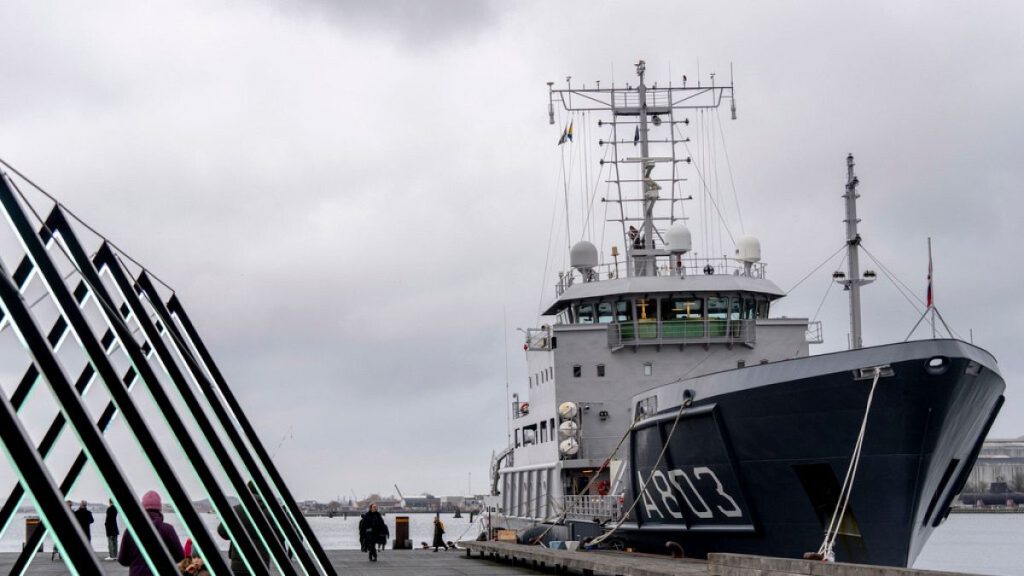Denmark Responds to Trump’s Expansionist Rhetoric with Military Investment and Diplomatic Efforts
Denmark is bolstering its military capabilities and engaging in diplomatic discussions with European allies in response to escalating expansionist rhetoric from former US President Donald Trump regarding Greenland, a semi-autonomous Danish territory. The Danish government announced a significant investment of 14.6 billion kroner (€1.95 billion) to enhance its military presence in the Arctic and North Atlantic region. This investment will encompass the acquisition of three new Arctic naval vessels, two additional long-range surveillance drones, and enhanced satellite capacity. These measures aim to strengthen Denmark’s defense posture and protect its interests in the strategically important Arctic region, which has become increasingly contested due to geopolitical factors and resource competition.
The Danish government’s response to Trump’s rhetoric reflects growing concerns about the potential security implications of the former president’s statements and actions. Trump has repeatedly expressed his desire for the US to gain control of Greenland, asserting its strategic importance for international security. He has even suggested the possibility of using military force to achieve this objective. These pronouncements have heightened anxieties in Denmark and Greenland, prompting the Danish government to seek support and solidarity from its European allies.
Danish Prime Minister Mette Frederiksen has engaged in discussions with key European leaders, including German Chancellor Olaf Scholz, French President Emmanuel Macron, and NATO Secretary-General Jens Stoltenberg, to foster unity and coordinate a response to the challenges posed by Trump’s rhetoric. The EU has affirmed its support for Denmark’s sovereignty over Greenland and emphasized that it is not involved in any negotiations with the US regarding the territory’s status. This unified stance underscores the importance of international law and territorial integrity in the face of potential expansionist pressures.
Greenland’s strategic significance stems from its geographical location, vast natural resources, and the presence of a large US space facility. The island sits on the shortest route between North America and Europe, making it a critical juncture for transatlantic communication and transportation. Its abundance of mineral resources, including rare earth elements, has also attracted the attention of countries like Russia and China, which have intensified their Arctic mining activities and military presence. This growing international interest in Greenland has further complicated the situation and underscored the need for a coordinated approach to address the evolving security landscape in the Arctic.
Both the Danish and Greenlandic governments have emphasized that the future of Greenland should be determined by its citizens. Greenland’s Prime Minister, Múte Egede, has advocated for independence from Denmark, a goal that could potentially be achieved through a successful referendum. This internal dynamic adds another layer of complexity to the situation, as Greenland’s pursuit of greater autonomy intersects with the external pressures stemming from Trump’s rhetoric and the broader geopolitical competition in the Arctic.
Denmark’s military investment and diplomatic efforts represent a proactive response to the challenges and uncertainties created by Trump’s expansionist rhetoric. By strengthening its defense capabilities and fostering alliances with European partners, Denmark aims to safeguard its sovereignty over Greenland, maintain stability in the Arctic region, and uphold the principles of international law. The situation highlights the complex interplay of domestic politics, international relations, and geopolitical competition in shaping the future of the Arctic. The potential consequences of Trump’s pronouncements, even after leaving office, continue to reverberate, underscoring the enduring impact of his unconventional approach to foreign policy.














